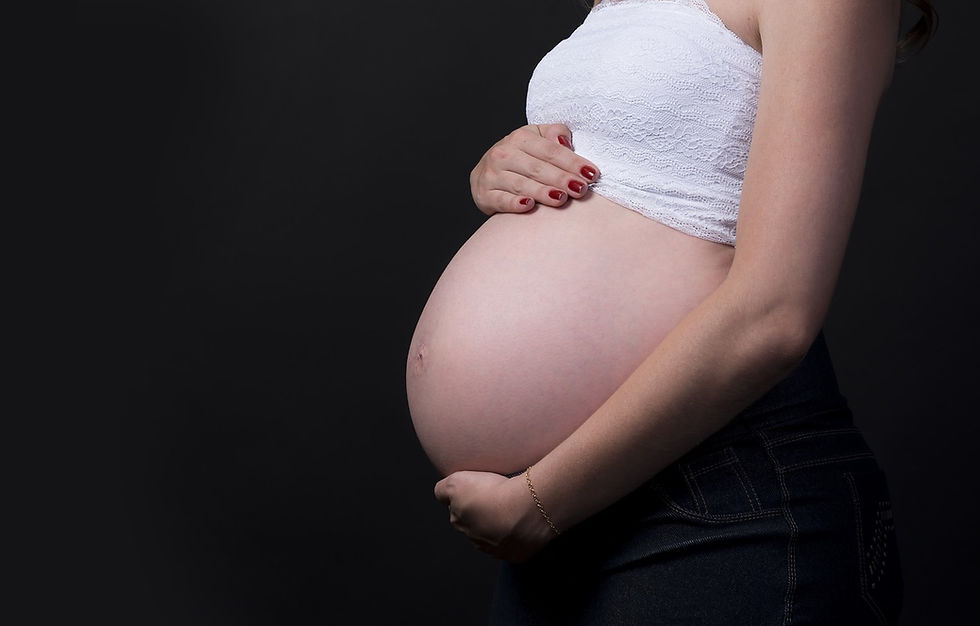Examining arts interventions to reduce mental health stigma
- SAS Research Team

- Nov 26, 2021
- 1 min read
Stigmatization of mental illness presents a significant barrier to accessing psychiatric services and treatment, particularly in youth. Adolescents with sub-clinical mental health symptoms often struggle with help-seeking behaviours are due to peer-pressure and fear of social exclusion. Therefore, decreasing public mental health stigma in youth is crucial to provide early intervention before clinically diagnosable mental illness arises (Gaiha et al., 2021).
Psychoeducation modules have shown to be the most effective means of decreasing public stigma surrounding mental health. Although arts-based interventions have been used for treatment of mental illness, few studies have examined the efficacy of arts programmes as educational tools for decreasing mental health stigma. Therefore, Gaiha et al. performed a meta-analysis to determine whether arts-based interventions are a plausible means of decreasing mental health stigma in youth.
Gaiha et al. determined that arts interventions had some positive effect on decreasing mental health stigma but noted the methodological quality of available studies was limited. Results suggested that using multiple art forms, including both visual and performing arts, yielded more youth engagement which may increase participation and material comprehension. It is important to note that available studies included almost exclusively high-income participants, therefore results are not generalizable to lower- and middle-class individuals. Overall, results were promising but inconclusive, highlighting the need for more research in the area of arts interventions for stigma reduction.
Citation:
Gaiha, S. M., Salisbury, T. T., Usmani, S., Koschorke, M., Raman, U., & Petticrew, M. (2021). Effectiveness of arts interventions to reduce mental-health-related stigma among youth: A systematic review and meta-analysis. BMC Psychiatry, 21. https://doi.org/10.1186/s12888-021-03350-8
Open Access





Comments